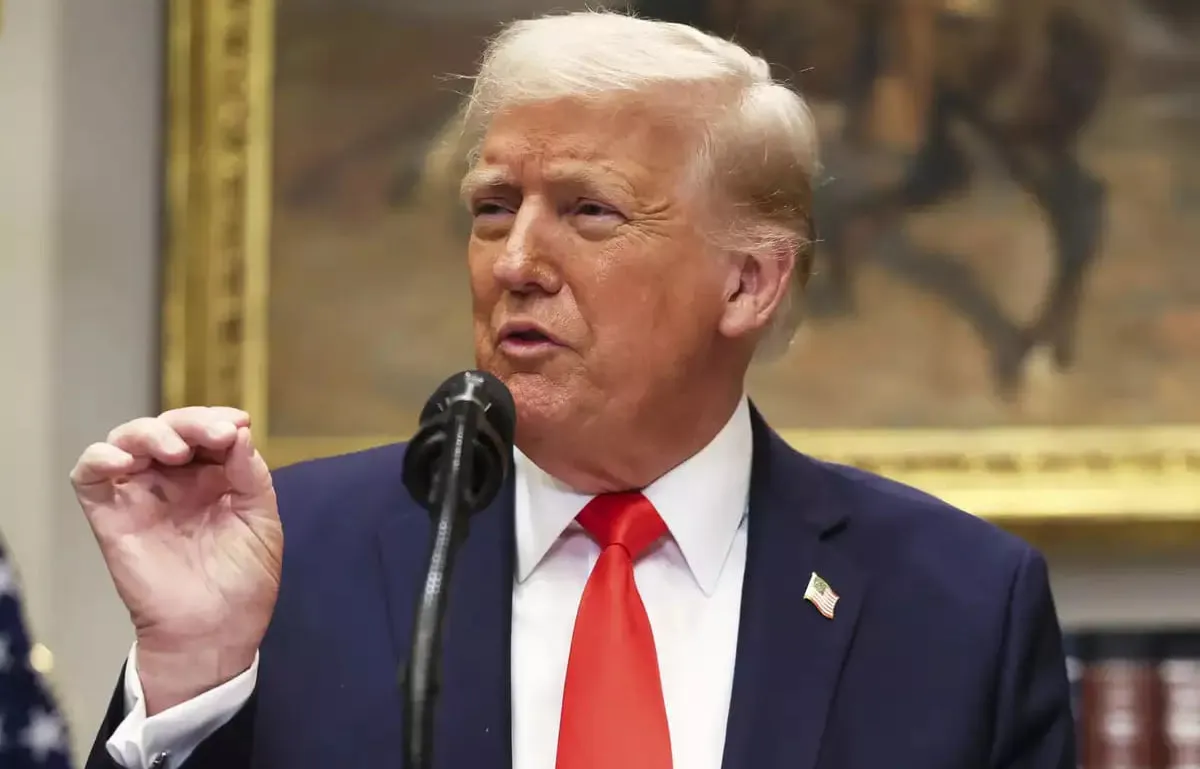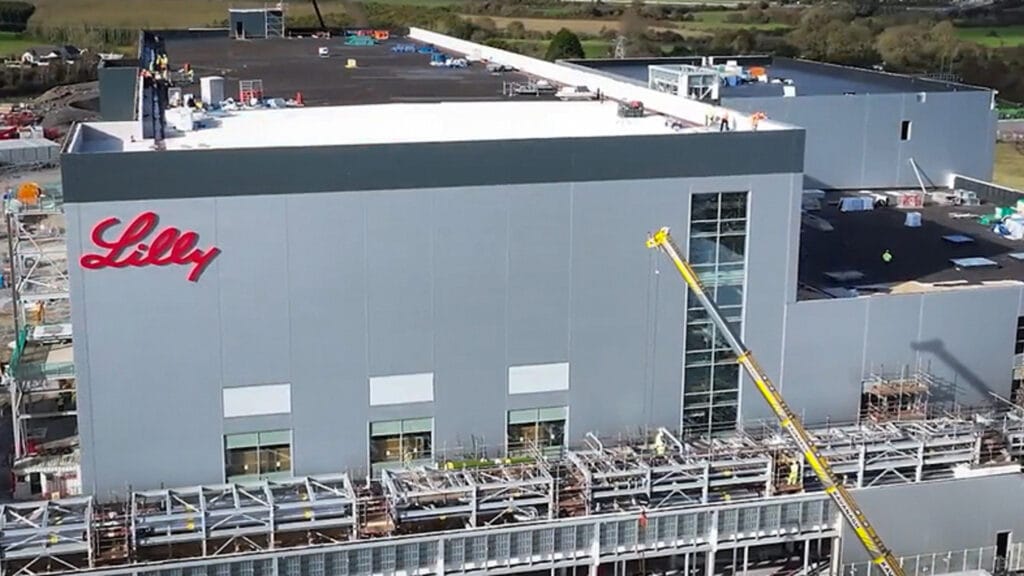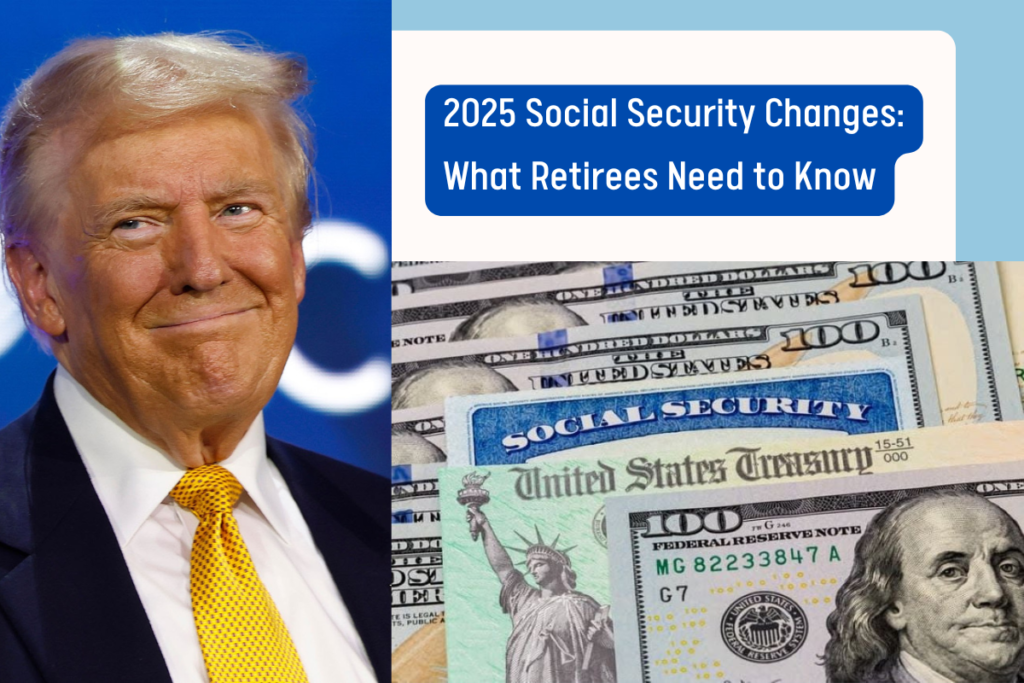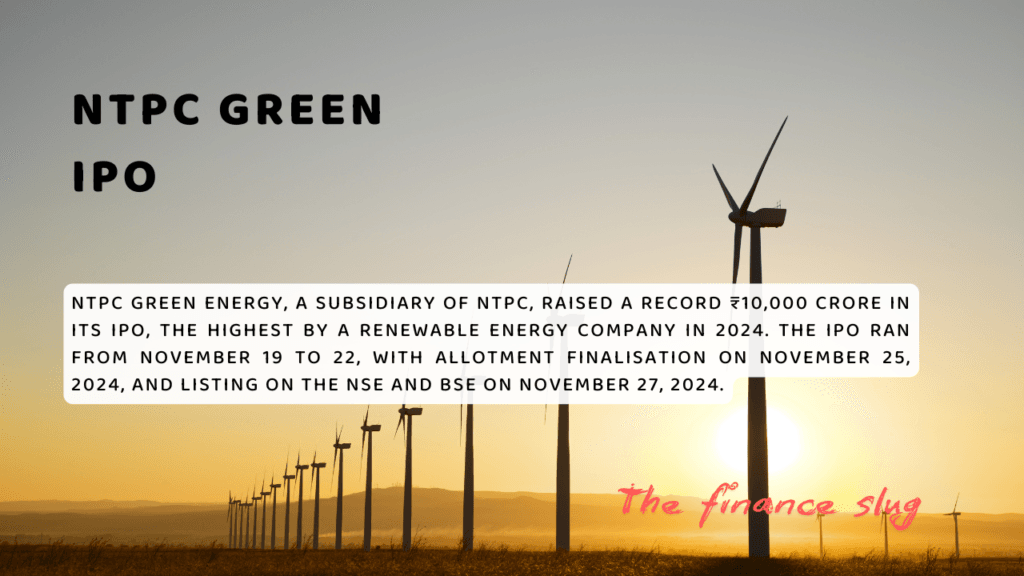
In a significant move on March 6, 2025, President Donald Trump granted a one-month delay on the newly imposed 25% tariffs on auto imports from Mexico and Canada. This unexpected decision led to a sharp rise in the stock prices of major U.S. automakers, providing temporary relief to the industry and investors.
But what does this decision mean for automakers and the broader economy? Let’s dive into the details.
The Tariff Exemption Announcement
Why Were These Tariffs Imposed?
The Trump administration had introduced a 25% tariff on auto imports from Mexico and Canada as part of its broader economic policy to encourage domestic production and reduce trade deficits. The goal was to push automakers to shift more manufacturing to the United States.
However, automakers expressed concerns, arguing that such tariffs would raise costs, disrupt supply chains, and ultimately increase car prices for American consumers.
The Sudden Reversal: A Temporary Relief
On March 5, 2025, the White House confirmed that President Trump decided to grant a one-month exemption from the tariffs. This decision came after multiple discussions with major U.S. automakers, including General Motors (GM), Ford, and Stellantis, who warned of potential economic disruptions.
Karoline Leavitt, the White House Press Secretary, stated:
“This exemption provides automakers a short period to reassess their supply chains and production strategies while preventing immediate economic distress.”
Immediate Impact on Automaker Stocks
Stock Market Reactions
The announcement had an immediate effect on Wall Street. U.S. automakers saw a sharp surge in their stock prices:
- General Motors (GM) stock jumped 7.2%
- Ford Motor Company gained 6.8%
- Stellantis saw a 7.5% rise
These gains reflected investor optimism, as the exemption eased fears of supply chain disruptions and rising costs for automakers.
Broader Market Response
Beyond the auto industry, the news boosted overall market confidence:
- S&P 500 Index rose by 1.1%
- Dow Jones Industrial Average climbed 1.3%
- NASDAQ saw a moderate increase of 0.9%
This reaction suggests that investors believe the exemption could reduce economic uncertainty, at least temporarily.
Industry Response: What Automakers Are Saying
Gratitude with Caution
Automakers welcomed the decision but warned that a one-month exemption is not a long-term solution. A Ford spokesperson stated:
“We appreciate the temporary relief, but we need a more stable and predictable trade policy to plan our investments and operations effectively.”
Similarly, General Motors emphasized its ongoing commitment to U.S. manufacturing but urged the administration to consider a more sustainable solution.
What’s Next for Automakers?
During this one-month period, automakers are expected to:
- Reassess supply chain logistics
- Consider shifting production to U.S. facilities
- Explore alternative trade agreements with Mexico and Canada
However, industry experts argue that one month is too short to make significant adjustments. Major manufacturing shifts require years of planning and billions of dollars in investment.
Economic and Political Implications
How This Affects Consumers
If tariffs are reinstated after one month, American consumers could face:
- Higher car prices due to increased production costs
- Limited vehicle availability if imports slow down
- Potential job losses in auto-related sectors
Political Repercussions
With the 2025 presidential election approaching, this decision could have political implications. Analysts believe:
- Trump’s move aims to win support from the auto industry and labor unions.
- The administration may reassess the tariffs before the exemption expires, depending on economic and political feedback.
- A final decision could be influenced by ongoing negotiations with Mexico and Canada.
Conclusion
The one-month tariff delay granted by President Trump has provided temporary relief to U.S. automakers, boosting stock prices and restoring some market confidence. However, the industry remains concerned about the long-term impact of trade policies on manufacturing and supply chains.
As the exemption period unfolds, all eyes will be on the White House’s next move. Will the tariffs be reinstated, extended, or scrapped altogether? The answer will shape the future of the U.S. auto industry.
Also Read : Pi Coin’s Surge Nearly 300%: Analyzing the Factors Behind the Rally
Frequently Asked Questions (FAQs)
1. Why were the tariffs imposed on auto imports from Mexico and Canada?
The Trump administration introduced the tariffs to encourage domestic manufacturing and reduce reliance on foreign imports.
2. How long is the tariff exemption for U.S. automakers?
The exemption is valid for one month, providing temporary relief from the 25% tariffs.
3. Which automakers are affected by this exemption?
Major U.S. automakers, including General Motors, Ford, and Stellantis, are directly impacted.
4. What actions will automakers take during this exemption period?
Companies will reassess their supply chains, consider shifting production, and engage in trade discussions to avoid long-term disruptions.
5. Is there a possibility of an extension beyond one month?
It is uncertain. The administration will likely evaluate the economic and political impact before making a decision.
Stock Market Crash Today: A Bloodbath on Monday – What You Need to Know
Published on financeslug.xyz The global financial markets are reeling from a massive sell-off, and Indian…
Wall Street Bonuses Reach Record $47.5 Billion in 2024, Up 34% from Previous Year
How to Convert Delimited CSV Data into Columns in Excel
CSV (Comma-Separated Values) files are widely used for data exchange, but when opened in Excel,…
Harvard University Announces Free Tuition for Families Earning $200K or Less
Harvard’s New Tuition-Free Policy: What You Need to Know Harvard University has unveiled a groundbreaking…
Eli Lilly’s 1.8B Dollar Investment in Weight Loss Drugs
Ireland’s Weight-Loss Drug Boom: A Game-Changer for Economy and Healthcare Ireland is witnessing a surge…
Forever 21 Files for Bankruptcy Again: The End of an Era in Fast Fashion?
Forever 21, once a staple in American malls and a leader in the fast-fashion industry,…







